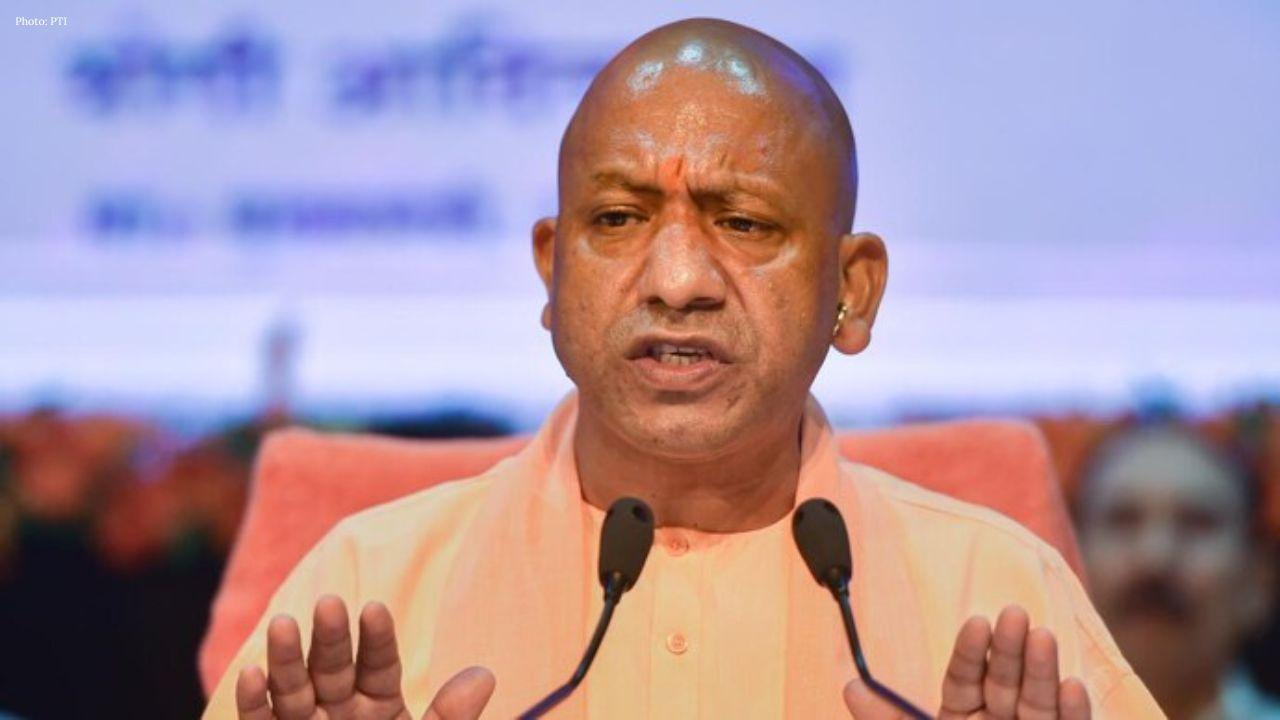You have not yet added any article to your bookmarks!

Join 10k+ people to get notified about new posts, news and tips.
Do not worry we don't spam!

Post by : Anis Farhan
Every year, tens of thousands of Malaysian Muslims eagerly await their turn to perform the Hajj—the once-in-a-lifetime Islamic pilgrimage to Mecca. But as the number of applicants grows and quotas remain limited, Malaysia is embracing a transformative solution: artificial intelligence.
In May 2025, Tabung Haji, the country’s Hajj fund board and pilgrimage authority, launched a new AI-driven platform to manage Hajj applications, prioritize waiting lists, and detect anomalies in the system. The move is part of a broader government initiative to digitize religious services under Malaysia’s Digital Ummah 2030 blueprint.
The algorithm, developed in partnership with local Islamic fintech startup NurDataX and overseen by the Department of Islamic Development Malaysia (JAKIM), uses a mix of biometric verification, socioeconomic indicators, and queue history to optimize the application process.
Authorities claim the platform will bring greater transparency, eliminate duplicate entries, and ensure fairer access—especially for lower-income applicants. But the rollout has also sparked conversations about algorithmic bias, religious fairness, and the future of faith-based administration in the digital age.
Malaysia’s Hajj system has long faced a demand-supply mismatch. The country receives a fixed quota from Saudi Arabia—typically around 31,600 pilgrims per year, based on population. But as of 2024, more than 3.8 million Malaysians were registered with Tabung Haji for future Hajj.
Previously, the system operated on a first-come, first-served basis, with priority given to elderly applicants or those rejected multiple times. But the manual process was slow, vulnerable to human error, and—according to critics—prone to political favoritism.
The new AI system introduces priority stratification. It considers:
Age and health condition (with biometric verification)
Waitlist duration
Household income and savings with Tabung Haji
Previous applications and rejections
Community-based quotas (especially for rural areas)
Officials say this ensures that those with the greatest need or longest waiting time are moved forward more efficiently, while also rooting out fake entries or identity manipulation.
While the system promises fairness, it also introduces new concerns. Critics have questioned the transparency of the algorithm. How are variables weighted? Who audits the code? Can the system be appealed?
Tabung Haji has so far declined to release the full algorithm for public review, citing data security and proprietary rights. However, they’ve assured the public that all decision-making is monitored by a Shariah Compliance Council and an independent ethics committee composed of scholars, data scientists, and civil society representatives.
Still, several Islamic NGOs have called for greater transparency and open-source audits, especially after a few reports of applicants receiving confusing eligibility messages. “If technology is managing a sacred obligation,” one NGO leader argued, “then it must meet both technical and spiritual standards.”
The use of AI in faith-based contexts is not unique to Malaysia, but it remains controversial. Religious scholars have generally supported automation when it enhances efficiency, but they caution against removing the human and spiritual aspects of religious life.
Malaysia’s muftis have issued guidance stating that as long as AI tools are used for logistical, not theological, purposes—and remain under human supervision—they are permissible under Islamic jurisprudence.
To build trust, Tabung Haji has introduced a hybrid model: while AI makes initial eligibility assessments, final approvals are still reviewed by human officials. Applicants can also file appeals via the same portal, which will trigger a secondary human review.
One major challenge is digital access—particularly in rural communities where many of the elderly and low-income applicants reside. The new application system requires a smartphone, national e-ID integration, and SMS-based two-factor authentication.
To bridge this gap, Tabung Haji has rolled out mobile outreach vans, digital help kiosks at mosques, and community training programs in Kedah, Kelantan, and Sabah. Local imams and village heads have also been enlisted to guide residents through the application process.
Despite these efforts, some worry that digitalization could inadvertently exclude those least comfortable with technology—ironically, the very people the system was designed to serve better.
Malaysia is not alone in modernizing its pilgrimage infrastructure. Indonesia has piloted blockchain tracking for Hajj payments, while Saudi Arabia now mandates e-visas and biometric pre-clearance. But Malaysia’s AI-led model is among the most ambitious in the Muslim world.
Saudi authorities are watching closely. If Malaysia’s system proves efficient and transparent, it may serve as a template for broader reforms across the Organization of Islamic Cooperation (OIC) member states.
Meanwhile, neighboring countries like Brunei and the Maldives have reached out to JAKIM for potential partnerships in faith-tech integration, hoping to apply similar tools to Zakat collection and mosque financing.
The spiritual core of Hajj will always remain rooted in faith, sacrifice, and submission. But the infrastructure surrounding it is increasingly digital, data-driven, and algorithmic.
Malaysia’s move to digitize its Hajj process is a bold step into the future of faith governance—one that balances technological innovation with spiritual responsibility. If implemented equitably and transparently, it could significantly reduce wait times, eliminate inefficiencies, and set new standards for religious administration.
But trust must be earned—algorithm by algorithm, application by application, soul by soul.
This article is intended solely for editorial and informational use. It does not offer religious or legal advice. All views reflect developments as of July 2025 and are subject to change with evolving policy and community responses.










India Says J&K Budget Exceeds Pakistan’s IMF Bailout
India slammed Pakistan at UNHRC, stating J&K’s development budget exceeds Pakistan’s IMF bailout and

UP CM Holds Talks With Ex Japan Economy Minister in Tokyo
Yogi Adityanath met former Japan economy minister Nishimura Yasutoshi in Tokyo to boost UP-Japan coo

Hiroshima Teacher Arrested for Alleged Sexual Assault of Minor
A 37-year-old high school teacher in Hiroshima was arrested on suspicion of sexually assaulting a te

Tokyo Skytree Reopens After Elevator Malfunction Suspension
Tokyo Skytree resumed operations after a three-day closure caused by an elevator failure that trappe

Skiers Rescue Man Buried Under Snow at California Resort
A dramatic rescue at Palisades Tahoe shows two skiers saving a man suffocating under deep snow durin

Sri Lanka Ex-Intel Chief Arrested Over Easter Attacks
Former SIS Chief Suresh Sallay arrested by CID in connection with the 2019 Easter Sunday bombings th